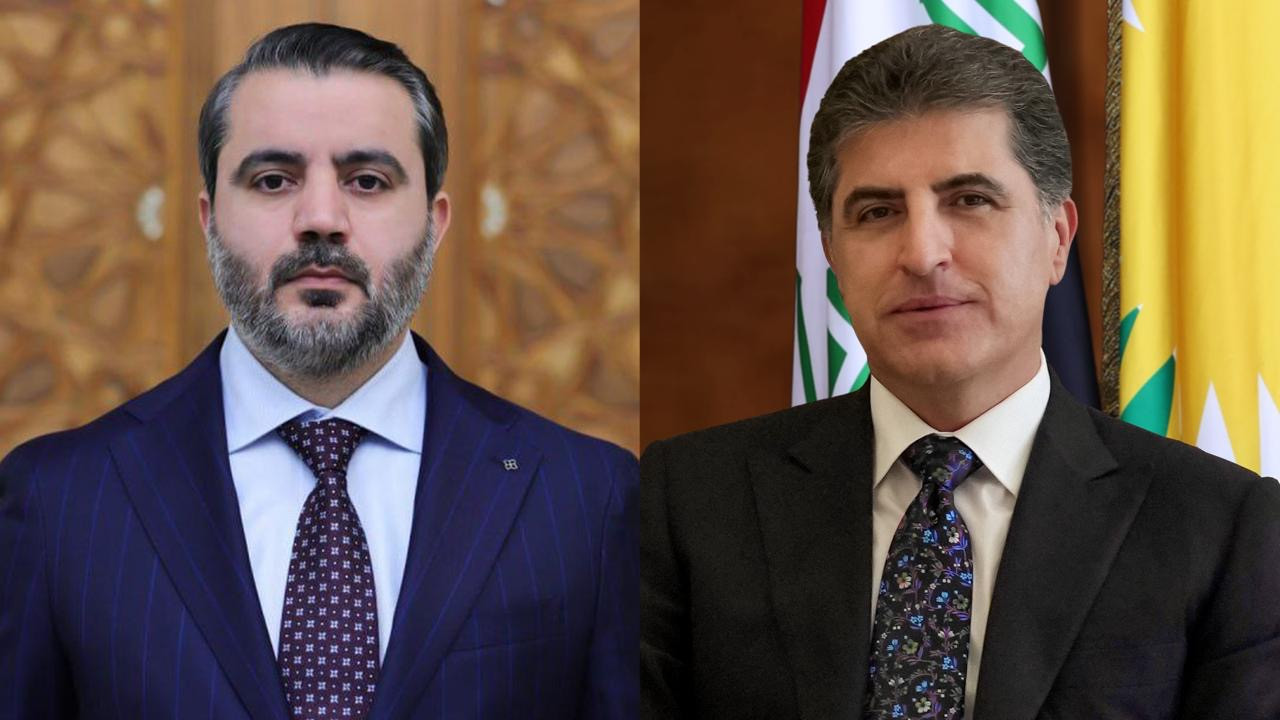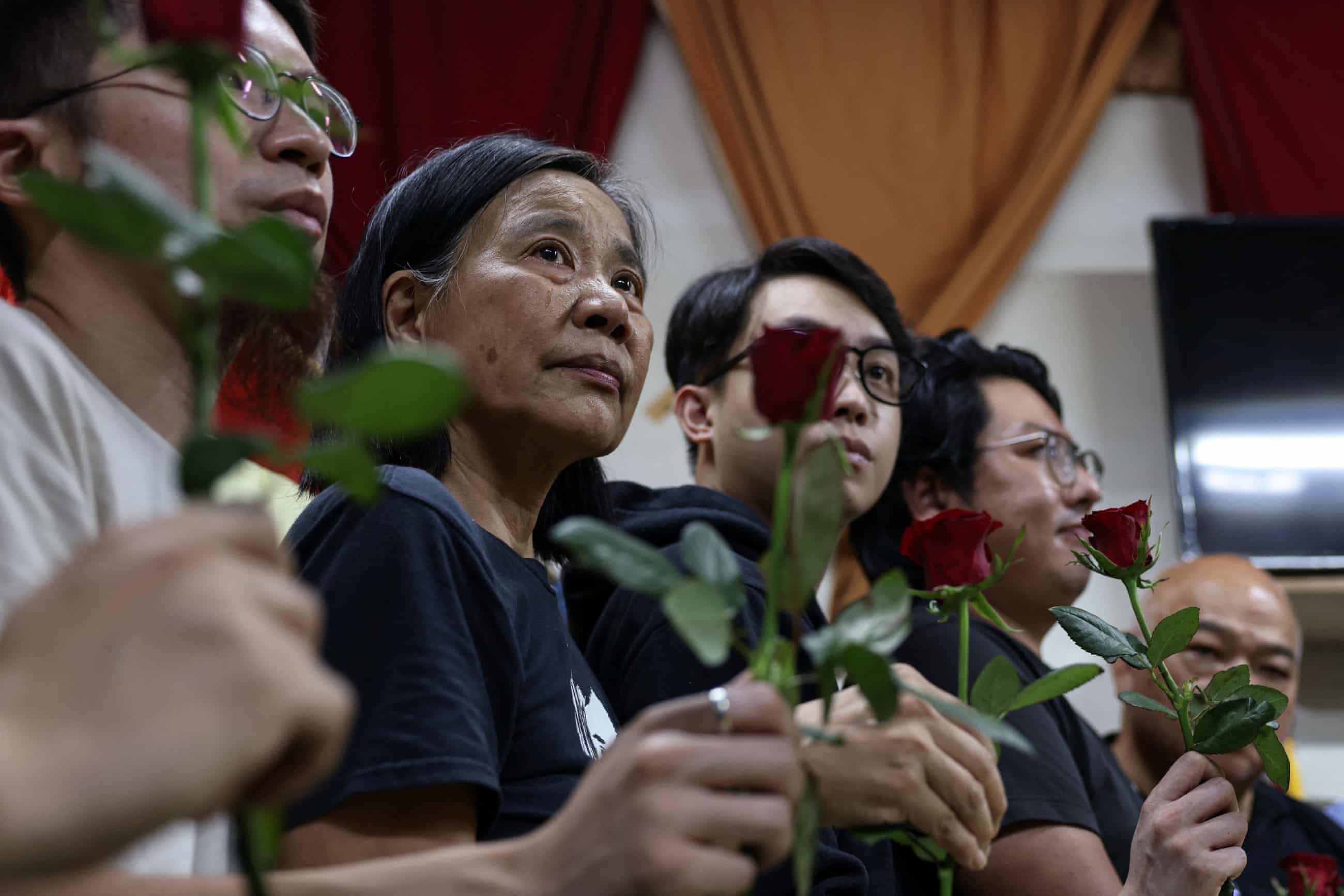Lord Tebbit, pugnacious Tory who articulated the Iron Lady’s views to the man on the street
He was nearly killed by the Brighton bomb, and his wife was left paralysed. He cared for her devotedly, waking twice each night to turn her.

Lord Tebbit, who has died aged 94, was a political bruiser who, unexpectedly for many, proved a highly effective Cabinet minister for Margaret Thatcher, to whom he was devoted.
Firmly on the Right of the Conservative Party, Norman Tebbit might have held one of the great offices of state but for the IRA’s bombing of the Grand Hotel in Brighton during the party’s 1984 conference. The outrage severely injured Tebbit and left his wife Margaret – for whom he cared devotedly – paralysed for life. He left the government prematurely in 1987 after a stint as party chairman to spend more time with her, and up to her death in 2020 he woke twice every night to turn her.
Tebbit came closest in her government to mirroring Mrs Thatcher’s visceral feelings, and he took pride in articulating them – to the delight of the man in the street. He shared her deep beliefs in the virtue of hard work, the need to take on the trade unions (he had himself been a union official), the damage to families resulting from sexual licence, the innate un-Britishness of Europe, and the subversive nature of the BBC. Though strains developed between them, Tebbit remained, throughout her premiership and beyond, a champion of the “Iron Lady” and her views.
Mrs Thatcher’s roots lay in the lower-middle class, Tebbit’s in a fractionally lower stratum. Brought up in monochrome Ponders End, north-east London, he never forgot the Depression of the 1930s which forced his father, in Tebbit’s most famous words, to “get on his bike and look for work” after losing his job managing a pawn shop.
The Left – which caricatured that phrase as an attack on the jobless – could never forgive Tebbit for having lived through hardships they claimed to protect working people against. But he had his finger on a deeper pulse. When the “People’s March for Jobs” arrived in London during his time as Employment Secretary, it was met with chants of: “One Norman Tebbit, there’s only one Norman Tebbit.”
In 1990 Tebbit outraged many by suggesting that people from ethnic minorities should not be regarded as truly British until they supported the England cricket team against their country of origin. After the London bombings of July 2005, which were carried out by three men of Pakistani descent and one with Jamaican roots, he declared himself vindicated.

Tebbit spoke often of his strong moral code, and despite his caustic tone and apparent harshness he was a compassionate, unselfish man. Those who disliked him tended to belong to the old paternalist wing of the Tory party, or the socialist intelligentsia. It was the Guardian commentator Hugo Young who, in 1987, twice quoted him as having said that “no one with a conscience votes Conservative”. Tebbit, incensed, sued for libel, receiving £14,000 in damages.
A determination to make the most of himself – he titled his autobiography Upwardly Mobile – led Tebbit to become an airline pilot, then go into politics, winning Epping from Labour in 1970 and representing Chingford after the constituency was split four years later. In 1992 he was given a life peerage by John Major, whose conclusion of the Maastricht Treaty he was trenchantly attacking.
Up to 1979 Tebbit, the lanky “Chingford skinhead”, was regarded by many MPs, even on his own side, as a parliamentary thug. Some Labour MPs never forgave him for calling out to the Left-winger Tom Litterick: “Why don’t you have another heart attack?” Michael Foot, when Employment Secretary, was moved to describe him as a “semi-housetrained polecat”, after Tebbit accused him of “pure undiluted fascism” in arguing that anyone refusing to join a closed shop had brought about their own dismissal.
But they left impressed by his grasp of the issues and readiness to get down to business, and before long the word was out that Tebbit, despite appearances, was a minister of substance.
After two years he joined the Cabinet as Employment Secretary, tasked with pressing ahead with union reforms at a brisker pace than James Prior, whose approach he had compared with that of the collaborators Pétain and Laval. When Cecil Parkinson resigned dramatically as Trade and Industry Secretary at the 1983 party conference, Tebbit took his place, moving sideways to party chairman the year after the Brighton atrocity.
Norman Beresford Tebbit was born in Enfield on March 29 1931, the second son of Leonard and Edith Tebbit. At Edmonton County Grammar School he impressed as smart, intelligent and studious. He joined the Conservatives at 15, and until his election to parliament almost 25 years later was an active party worker in north-east London.
Leaving school at 16, Tebbit joined the Financial Times as a copy boy, staying two years until called up in 1949. He realised that to reach the top at the FT he would need a degree, but had no means of acquiring one. He determined to find another career, and the RAF offered the means. He qualified as a pilot and took a commission, on leaving the service continuing in 604 RAuxAF Middlesex Squadron until 1955.
He worked in publishing and advertising, then in 1953 joined BOAC. He stayed until entering the Commons, flying 707s, Argonauts and Britannias. Becoming an official of the British Airline Pilots’ Association, he twice had to go on strike, an experience he confessed was “horrible”. It was also Tebbit who, decades later, told a Sun journalist – who could not believe his luck – about the Mile High Club and the qualifications for membership.
Tebbit was on a captain’s course in June 1970 when he captured Epping from Labour’s Stan Newens. He had to wait two years for his first place on the ladder, as PPS to Sir Robin Chichester-Clark, Minister of State for Employment. He progressed no further under Edward Heath, but emerged in opposition from 1974 to 1979 as an acerbic backbencher.
He acquired the nickname “the Minister Mugger” through his pointed questions, and even more pointed supplementaries. Even the Prime Minister, James Callaghan, admitted he had to handle Tebbit with care. Mrs Thatcher began including him in planning sessions before PMQs. On being appointed a minister, Tebbit said: “I’m glad of the change. Pulling the rug from under ministers may do some good, but it does get boring if you do it every day. After a long spell in opposition, I wanted to do something constructive.”
His responsibilities at Trade included, appropriately, aviation, plus shipping, tourism and film sponsorship. The goals he set himself – notably making progress towards a third London airport and one near central London for business aviation – were achieved by his successors.
In January 1981 Tebbit became Minister of State for Industry under Sir Keith Joseph. When Prior was moved from Employment to Northern Ireland that September, Tebbit succeeded him, joining the Cabinet and the Privy Council.
Within weeks, he set the tone with his “On your bike” speech. There followed the 1982 Employment Act ending many of the unions’ legal immunities, passed despite fierce opposition. Yet the unions, their membership and resolve for a fight sapped by rising unemployment, had no alternative to offer.
While quietly pushing for greater workers’ involvement in management of companies, Tebbit – who reckoned the Act his greatest achievement – reduced the legal protection of union funds during strikes; this reform led to the sequestration of the National Union of Mineworkers’ assets during its strike of 1984-85, and of the print unions’ during the Wapping dispute of 1986-87.
Tebbit established compulsory strike ballots, a major breakthrough. Less successful was his attempt to restrict fundraising for the Labour Party through union levies. Because the Act did not require contracting-in, Labour’s finances were not dented.
After her 1983 election landslide Mrs Thatcher wanted make Tebbit Home Secretary, but Willie Whitelaw vetoed the appointment. He stayed at Employment until Cecil Parkinson’s resignation that October took him back to his old Departments of Trade and Industry, now amalgamated, as Secretary of State.
Tebbit keenly carried on the agenda of his friend and predecessor, notably preparing nationalised industries for sale to the public. The biggest success on his watch was British Telecom, though the Government was criticised both for underpricing the shares (which registered a huge premium) and for allowing BT to retain many facets of a monopoly.
He also sought to re-shape regional policy, which the Right felt had been run inefficiently. The total grant was cut, and aid linked more closely to jobs created. Tebbit implemented rigorously the idea that industries, whether state or privately owned, were not social services, but in business to make money.
Tebbit’s rise seemed inexorable. His popularity grew with rank-and-file Tories, as a thoroughly unpatronising “man of the people” who shared their views. Then his career – and his life – were very nearly ended by the IRA at 2.54am on October 12 1984, the last day of the party conference, when a bomb tore through the Grand, where most of the Cabinet were staying.

Tebbit and his wife fell through five floors, to be buried in the rubble of the basement. The nation watched on live television – the camera crews’ lights acting as illumination for the rescue team – as firemen battled to dig them from the wreckage. The first words the seriously wounded Tebbit was heard to address to a fireman who was delicately moving him was to “get off my bloody foot!” Five Conservatives, including the MP Sir Anthony Berry and Roberta Wakeham, wife of the chief whip, died in the blast.
Margaret Tebbit received spinal injuries that paralysed her. Her husband was seriously ill for weeks, requiring numerous skin grafts. He was transferred to Stoke Mandeville to be with his wife, and once discharged was allowed by the prime minister to use Chequers, nearby, until Mrs Tebbit could leave.
The Tebbits’ domestic life was turned upside down; a new London home had to be found that was suitable for Mrs Tebbit, now confined to a wheelchair. Her husband pressed on with his government duties, but became drained by the new demands placed upon him when he was still far from well. In September 1985 he moved to the party chairmanship, retaining a seat in Cabinet as Chancellor of the Duchy of Lancaster.
Morale at Central Office was low and there was a feeling in the party that dead wood had to be cut out. When no radical shake-up materialised, confidence in Tebbit began to fall. He had been given Jeffrey Archer as his deputy, and they did not get on. Tebbit’s style became more raucous and less incisive, and the humour seemed to have deserted him. Inevitably, there were whispers that he had “never been the same since the bomb”.
Yet he showed no lack of courage, upsetting many on the Right by disbanding the Federation of Conservative Students for promoting “loony” libertarian politics. In time he began scoring political points, reviving his popularity with the grassroots and lifting morale. In the run-up to the 1987 election, as the Tories rose in the opinion polls, his sparkle seemed to return, and his attacks gained new focus.
The most notorious of his campaigns as party chairman was against the BBC. The first, and most concentrated, attack was against its news coverage, specifically of the American air raid on Tripoli in 1986. Tebbit – who had personal misgivings about President Reagan’s action – commissioned a line-by-line analysis of the news bulletin featuring the raid, and compared it unfavourably with ITN’s. The BBC fought back, but never succeeded in removing the suspicion of poor judgment that Tebbit had generated. Another victory came when, after a complaint from Tebbit, the BBC admitted it had been wrong to omit coverage of good trade figures from its news bulletins.
The Conservatives went into the election fighting both Labour and the Liberal/SDP Alliance. But it soon became plain that Labour posed the danger, and after an inspirational broadcast showcasing Neil Kinnock the gap in the polls began to narrow. Mrs Thatcher became concerned that the party was not getting its message across, and matters came to a head on “Wobbly Thursday”, a week before polling day.
Despite their friendship, Mrs Thatcher blamed Tebbit, and had a stand-up row with him before that morning’s press conference, which was disastrous. She brought in her new confidant Lord Young and the party’s advertising guru Tim Bell to help steady the ship; this was achieved, but left Tebbit’s nose severely out of joint. With the election won by almost as great a margin as in 1983, Tebbit left the government.
Appointed a Companion of Honour, he stayed in the Commons until the 1992 election but entered the boardroom to meet the cost of his wife’s care. He became a director of BT, BET, Sears Holdings and JC Bamford, and, unremuneratively, The Spectator. With the launch of Sky, he became co-presenter with the maverick Labour MP Austin Mitchell of its Target political interview programme, as well as a columnist with, in turn, The Sun and The Mail on Sunday.
When Sir Geoffrey Howe resigned in November 1990, Mrs Thatcher asked Tebbit to return as Education Secretary. He declined, saying he had to put his wife first, and a month later Mrs Thatcher was out, having lost a leadership campaign in which Tebbit worked assiduously for her.
At the 1992 party conference, Tebbit delivered a tub-thumping attack on Maastricht, and when John Redwood challenged Major three years later Tebbit backed him. The leader least to his liking in latter years was David Cameron, and the one closest to him Iain Duncan Smith, who had taken over his seat at Chingford, Tebbit observing: “If you think I’m Right-wing, wait till you see him.”
In 2002 he urged Duncan Smith to purge Central Office of “squabbling children” who were undermining his authority. When Tebbit claimed a group of “modernisers” was trying to oust him from the party, Duncan Smith said Tebbit would never be expelled and Lady Thatcher rang to say she was “four square” behind him. Yet in the 2009 European elections he raised doubts over his loyalties by urging voters to boycott the main parties – though under no circumstances to vote for the BNP.
Moving latterly to a house in Bury St Edmunds, close to the abbey, Tebbit retired from the House of Lords in 2022, but remained trenchant in print.
Norman Tebbit married Margaret Daines in 1956. He is survived by their daughter and two sons.
Norman Tebbit, Baron Tebbit of Chingford, born March 29 1931, died July 7 2025
[Source: The Daily Telegraph]






















































